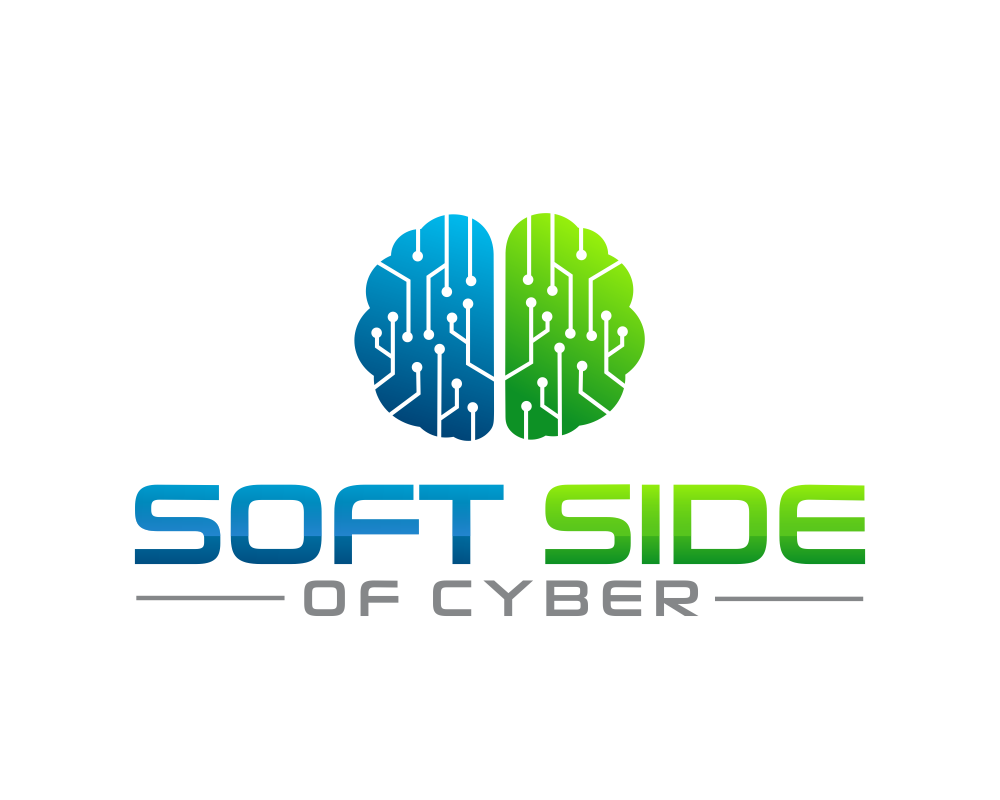
The CISO Role: Beyond Technology
Sure, being a CISO means you're the defender of your organization's digital realm. But it's not all about firewalls, encryption, and malware scans. There's a softer side to it – one that revolves around people, relationships, and communication.
1. Establishing Trust as Your Cornerstone
Picture yourself as the captain of a ship navigating uncharted waters. To ensure a smooth voyage, your crew needs to trust your leadership implicitly. In the world of cybersecurity, trust is your guiding star.
How do you build this trust in an environment where breaches are always a possibility? It starts with transparency. Share your vision, your strategies, and yes, even your vulnerabilities. When your team knows you're not hiding anything, trust begins to take root. Be candid about risks and your plans to mitigate them. It's not about sugar-coating; it's about being genuine.
2. Effective Communication Skills
Cybersecurity often feels like a foreign language to non-tech folks. This is where your communication skills come into play. Break down complex topics into digestible morsels. Speak plainly, avoiding the jargon overload that plagues our industry.
Remember, it's not just what you say; it's how you say it. Practice active listening. Be approachable and encourage questions. Patience is key. Your ability to translate tech-speak into everyday language and foster open dialogues can be the difference between an organization that's cyber-aware and one that's vulnerable.
3. Collaboration as Your Cyber Superpower
You, as a CISO, aren't an isolated entity. Think of yourself as the conductor of a symphony. Different departments are your orchestra members, each playing a vital role. HR, IT, legal, and even the janitorial team – they're all part of your cyber defense. Collaboration is your superpower.
Forge relationships with your C-suite peers. Understand their goals and how cybersecurity can support them. This alignment will not only enhance security but also make you a more integral part of the organization.
4. Adaptability in the Face of Change
In cybersecurity, change is the only constant. Threats evolve, technology evolves, and so must your strategy. Adaptability is your ace. When your team witnesses your agility in response to new challenges, they'll feel more secure knowing you're in control.
5. Embrace Failure as a Learning Opportunity
In cybersecurity, breaches can and do occur. It's an unfortunate reality. When they do, don't conceal them. Instead, convert them into learning experiences. Analyze what went wrong, why it happened, and how you'll prevent it next time. This willingness to acknowledge your organization's vulnerabilities can sow the seeds of trust – your most valuable asset.
6. Mentorship: Cultivating Future Cyber Leaders
Lastly, consider mentoring the next generation of cyber leaders. Share your experiences, guide them, and help them develop the soft skills we've discussed. This is how we foster a sustainable, cyber-aware culture.
Closing Thoughts
Remember that being a CISO isn't just about firewalls and encryption; it's about people, trust, and effective communication. It's about leading your organization through uncharted cyber territories with the trust of your team as your guiding light.
As you embark on your journey into the CISO role or continue refining your leadership, keep in mind that the human side of cybersecurity is where the true magic happens. It's where you evolve from being just a tech guardian to a cyber leader, guiding your organization toward safer, more secure waters.
